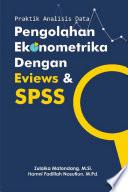Kajian Ilmiah Masalah Perbedaan Pendapat 4 Pilar Kehidupan Berbangsa dan Bernegara
Pancasila, UUD 1945, Bhinneka Tunggal Ika, dan NKRI dewasa ini telah mendapat perhatian banyak pihak. Masyarakat, pendidik, ilmuwan, praktisi dan hampir setiap elemen masyarakat diingatkan kembali bahwa kita mempunyai dasar negara yang mulai dilupakan semenjak terjadinya reformasi 1998. Pasca reformasi hampir tidak ada lembaga negara yang bersuara tentang ini. Terlebih bicara tentang Pancasila. Semua tiarap dan sembunyi dalam kehidupannya sendiri-sendiri. Pancasila tidak pernah dibicarakan. Situasi tersebut tidak lepas dari pengalaman pahit kehidupan bernegara saat itu, dimana rezim Orde Baru memanfaatkan Pancasila sebagai alat politik untuk melanggengkan kekuasaannya. Bahkan yang lebih parah disaat rezim mempunyai otoritas penuh sebagai penafsir tunggal Pancasila. Barang siapa yang tidak mengikuti penafsiran rezim, bisa dicap tidak Pancasilais. Keadaan itulah yang menyebabkan Pancasila menjadi kering karena lembaga negara dan masyarakat takut dilabeli sebagai antek Orba. Puji syukur setelah melewati 2 kali pemilu paska reformasi, pada pemilu ke-3 di periode 2009-2014 ada lembaga negara, MPR, yang mempunyai keprihatinan terkait memupusnya diskusi dan pembicaraan tentang Pancasila, UUD 1945, Bhinneka Tunggal Ika, dan NKRI. Keprihatinan MPR ini tidak terlepas dari melihat situasi sosial, ekonomi, politik hukum dan keamanan baik dari dalam maupun dari luar negeri. Ancaman persatuan, konflik sosial, disintegrasi dan ancaman menguatnya ideologi liberalisme, kapitalisme dan gerakan fundamentalisme agama telah mengingatkan kita sebagai bangsa dan negara bahwa kita sebenarnya sudah mempunyai dasar dan tameng yang kuat dalam menghadapi itu yaitu ideologi dan dasar negara Pancasila, UUD 1945, Bhinneka Tunggal Ika, dan bentuk NKRI. MPR kemudian membuat program tahunan untuk memasyarakatkan kembali UUD 1945, Bhinneka Tunggal Ika, dan NKRI. Program sosialisasi berjalan secara massif diseluruh pelosok negeri, di kampus-kampus, sekolah, dan masyarakat. Bahkan lembaga eksekutif pun juga ikut mensosialisasikan program ini. Programnya pun beragam, ada seminar, lokakarya, lomba debat, 4 pilar goes to campus, outbond dan dialog di media elektronik. Materi yang disampaikan adalah 4 hal tersebut yaitu UUD 1945, Bhinneka Tunggal Ika, dan NKRI.
-
Judul : Prosiding Focus Group Discussion Pakar I
-
Sub Judul : Kajian Ilmiah Masalah Perbedaan Pendapat 4 Pilar Kehidupan Berbangsa dan Bernegara
-
Pengarang :
Sidarto Danusubroto,
Harry Tjan Silalahi,
Kaelan,
Wuryadi,
Slamet Sutrisno,
Teguh M,
Seto Harianto,
Darmaningtyas,
Agus Basuki,
A.Hafidh Asrom,
-
Penerbit : Pusat Studi Pancasila UGM
-
Bahasa : id
-
Tahun : 2014
-
Halaman : 88
-
Google Book : https://play.google.com/store/books/details?id=iR_XAgAAQBAJ&source=gbs_api
-
Ketersediaan :
Pancasila, UUD 1945, Bhinneka Tunggal Ika, dan NKRI dewasa ini telah mendapat perhatian banyak pihak.










